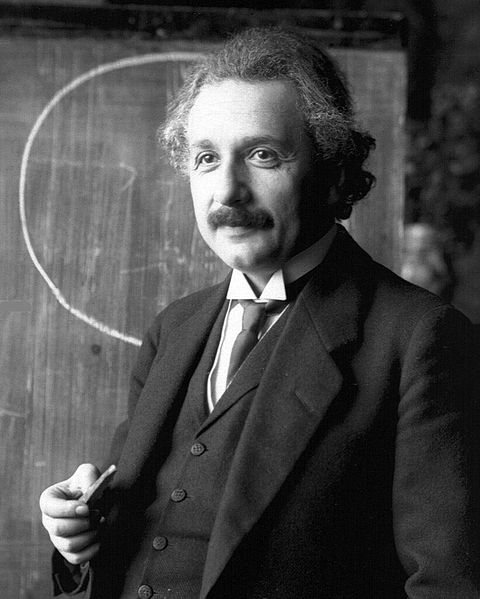Speed of Light Broken by European Scientists

Scientists may have done what they previously thought impossible: broken the laws of physics.
The former law was that nothing can go faster than the speed of light. However, European scientists believe they may have found subatomic particles that can travel faster than that, which violates Einstein's famous theory of relativity.
But scientists at CERN, the European Organization for Nuclear Research, headquartered in Geneva, aren't quick to believe that E=mc^2 is no more.
From The UK Telegraph:
Antonio Ereditato, spokesman for the international group of researchers, said that measurements taken over three years showed neutrinos pumped from CERN near Geneva to Gran Sasso in Italy had arrived 60 nanoseconds quicker than light would have done.
"We have high confidence in our results. We have checked and rechecked for anything that could have distorted our measurements but we found nothing," he said. "We now want colleagues to check them independently."
Einstein's theory was first widely accepted in 1905, more than 100 years ago. Now it's becoming an international effort to explore the new subatomic particles.
From USA TODAY:
"The feeling that most people have is this can't be right, this can't be real," said James Gillies, a spokesman for the European Organization for Nuclear Research. The organization, known as CERN, hosted part of the experiment, which is unrelated to the massive $10 billion Large Hadron Collider also located at the site.
Gillies told The Associated Press that the readings have so astounded researchers that they are asking others to independently verify the measurements before claiming an actual discovery.
"They are inviting the broader physics community to look at what they've done and really scrutinize it in great detail, and ideally for someone elsewhere in the world to repeat the measurements," he said Thursday.
Scientists at the competing Fermilab in Chicago have promised to start such work immediately.
"It's a shock," said Fermilab head theoretician Stephen Parke, who was not part of the research in Geneva. "It's going to cause us problems, no doubt about that — if it's true."
Best way to find more great content from Neon Tommy?
Or join our email list below to enjoy Neon Tommy News Alerts.



